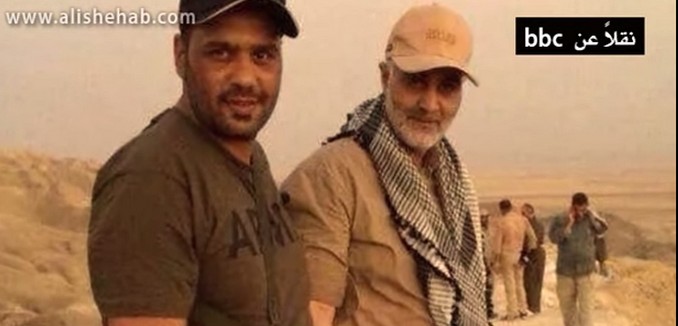Iran’s Islamic Revolutionary Guard Corps (IRGC) – Qods Force commander, General Qassem Suleimani, traveled to Russia last month following the agreement on the Joint Comprehensive Plan of Action (JCPOA), as the nuclear deal with Iran is known, in violation of sanctions imposed the United Nations (UN), European Union (EU) and United States, The Jerusalem Post reported yesterday, citing a report that first appeared on Fox News.
Qassem Suleimani, whose wing of the Iranian Revolutionary Guard is only answerable to Ayatollah Khameini, and who has emerged as a pivotal on-the-ground figure spearheading Iran’s broader regional ambitions in the Middle East, was allegedly in Russia between July 24 and July 26, shortly before Secretary of State John Kerry’s testimony before a Senate Armed Services Committee regarding the nascent nuclear deal between the Islamic Republic and international powers.
Suleimani apparently departed from Tehran aboard Air Iran flight #5130, which was billed as a commercial flight and returned aboard flight #5120, western intelligence sources are cited as saying. His presence in Russia, predating the lifting of sanctions entailed in the Joint Comprehensive Point of Action, signed between the P5+1 nations and Iran on July 14, constitutes a technical violation of international law.
During his visit to Russia, the secretive commander, who has been sparingly photographed in Iraq, where he has instructed and led Shi’ite militias against Islamic State militants in key battles, is said to have met with Russian Defense Minister Sergei Shoigu and President Vladimir Putin.
Suleimani is among those Iranian individuals who have been involved in terrorism and will eventually have EU and UN sanctions lifted according to the terms of the JCPOA. The IRGC commander has also been photographed in Iraq and has reportedly traveled to Syria, in direct violation of international sanctions.
The provision that would remove Suleimani from the EU and UN sanctions lists within eight years of the implementation of the deal has proven to be highly controversial. Lt. Gen. (ret.) Michael Barbero wrote recently that delisting Suleimani was a “shameful betrayal” of the American troops whom he targeted in Iraq.
[Photo: Ali Shehab / YouTube ]




